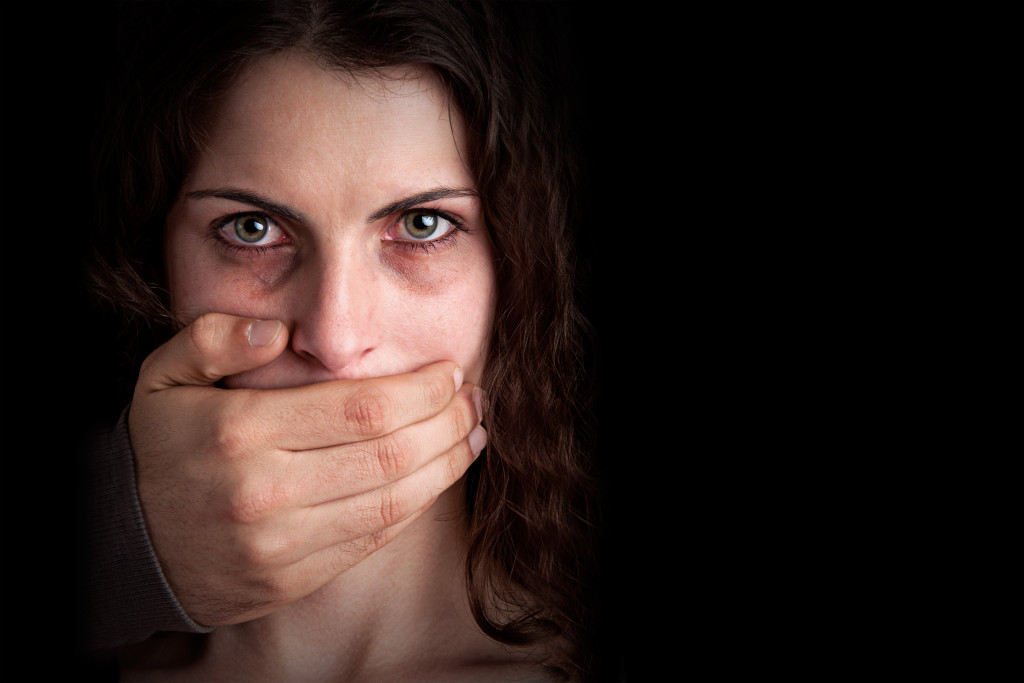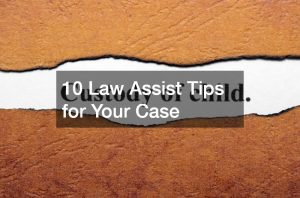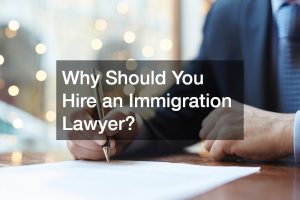- Abuse today can take many forms, including physical or online harassment, often fueled by societal norms and power dynamics.
- Fundamental human rights, outlined by the Universal Declaration of Human Rights, aim to protect all individuals.
- Women, children, LGBTQ+ individuals, and people with disabilities have specific rights outlined to protect them against discrimination and violence.
- Self-protection measures against abuse include seeking legal help, connecting with support groups, and staying informed about one’s rights.
- Despite challenges, strides are being made internationally and domestically to uphold these rights and foster an equitable society.
Today’s world is full of diversity and acceptance, but it’s no secret that there are still issues of abuse, inequality, and injustice toward people in different parts of the world. However, there are protections out there for those who need it most. Here’s what you need to know about abuse today, the rights protecting people from it, and how to keep yourself safe.
What is Abuse Today?
In today’s society, abuse manifests in various forms, such as physical, emotional, racial, or online harassment. Despite the strides made in promoting human rights and equality, it remains a pervasive issue, often hidden behind the closed doors of homes or the anonymity of the internet.
Factors such as societal norms, power dynamics, and lack of awareness contribute heavily to its prevalence. As the world progresses as a society, it’s imperative to address these issues with zero tolerance, fostering an environment where everyone feels safe, respected, and valued. Here are some rights keeping people safe from abuse:

1. Human Rights
The most fundamental right is to be treated with dignity and respect, as the Universal Declaration of Human Rights outlines. This document outlines thirty fundamental human rights that should be universally respected, regardless of race, religion, or gender. These rights include the right to life, liberty, and security of a person, as well as protection from torture or inhumane treatment. Governments worldwide have agreed to support these rights, and various organizations work to maintain their implementation.
2. Women’s Rights
Women’s rights have come a long way, but much work still exists. The right to gender equality is included in the Universal Declaration of Human Rights. Specifically, women have the right to protection from violence, the same education and economic opportunities as men, and to choose or refuse marriage. Organizations like the United Nations and Women’s Rights International have helped women advocate for their rights and work to end the gender-based violence and discrimination that are still far too common.
3. Children’s Rights
Children are some of the most vulnerable members of society, which is why international law outlines specific rights for them. The United Nations Convention on the Rights of the Child outlines specific rights for children, including the right to education, protection from violence and abuse, and participation in decisions that affect them. Various organizations have been formed to protect these rights, such as UNICEF, which ensures that children have access to essential services like healthcare, education, and protection.
4. LGBTQ+ Rights
LGBTQ+ rights have been an increasingly important topic of discussion in recent years. People in the LGBTQ+ community have the right to be treated fairly and equally and to be free from discrimination. International law protects these rights through the Universal Declaration of Human Rights and the International Convention on the Elimination of All Forms of Discrimination Against Women which prohibits discrimination based on sexual orientation and gender identity. Many organizations and groups are working to raise awareness about LGBTQ+ issues and eliminate discrimination.
5. Disability Rights
Disability rights are often overlooked but equally important to those with disabilities. These rights include dignity, autonomy, social participation, and non-discrimination. Various organizations work to protect these rights for those who have disabilities, including the UN with the Convention on the Rights of Persons with Disabilities.
Protecting Yourself From Abuse
Abuse is a problematic issue, but there are steps you can take to protect yourself from it. Here are three tips:

Find a Legal Professional
A legal professional can provide the necessary information and advice to protect yourself from abuse. An experienced domestic violence lawyer can help you navigate through legal processes, such as filing for a restraining order or seeking compensation. They can also represent you if needed.
Connect With a Support Group
They say that no one should go through hard times alone, which is why connecting with others who may be going through similar experiences is essential. You can contact support groups in your area or online for emotional and moral support. These networks can also provide helpful resources as well.
Get Educated and Stay Informed
Educating yourself on your rights can help you stay informed of any developments in the law that may affect you or others. Additionally, being aware of the language and terminology surrounding abuse can help you better recognize it when it happens.
It’s important to remember that everyone has the right to be treated with dignity and respect, regardless of gender, orientation, or ability level. While society still has work to do in creating an equitable world, it is heartening to see how far the world has come in protecting these rights internationally and domestically.






